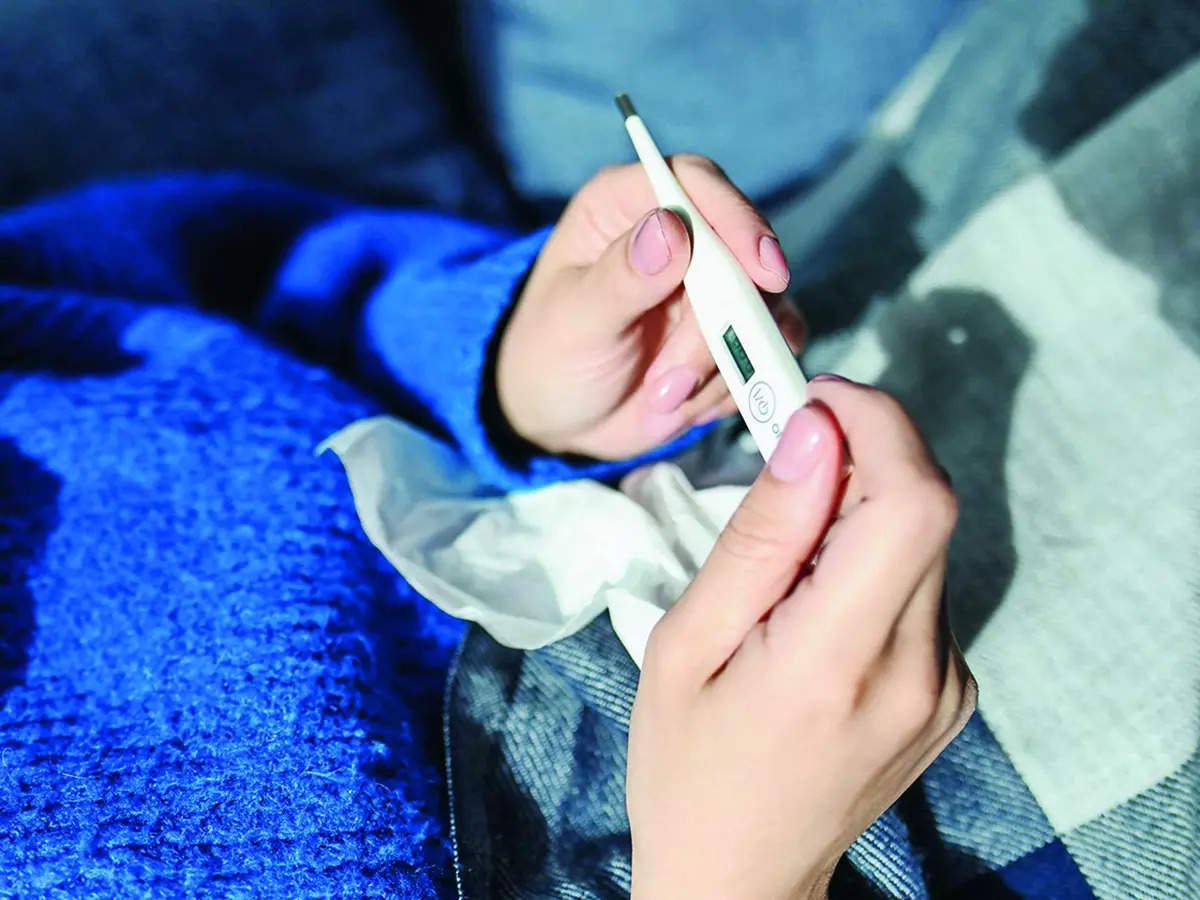Infection
Watch out! Alarming spread of this infection
City doctors see increase in admission of RSV-infected patients in hospitals; say there is notable rise in infections among adults this year compared to kids
The cases of respiratory syncytial virus (RSV), a viral infection that primarily affects the respiratory system, have been on the increase in the past few weeks, especially among adults, whereas they used to be predominantly seen in children previously. The doctors are also seeing cases of admission of RSV-infected patients.
RSV infiltrates the body through the eyes, nose, or mouth and is extremely contagious. It easily transmits through the air via respiratory droplets from infected individuals who cough or sneeze in close proximity. Additionally, direct contact, like handshakes, can also facilitate the transmission of the virus to others.
Dr Sachin Kumar, Senior Consultant, Pulmonology and Critical Care Medicine, Sakra World Hospital, said, “There is a notable rise in RSV infections among adults this year, whereas it used to be predominantly seen in children previously. Approximately one to two cases of indoor admissions each week are attributed to RSV. It’s possible that the actual incidence is even higher, considering that we might not be routinely testing all adults with a mild fever and cough for RSV, particularly among individuals seeking care in the outpatient department (OPD) of our facility.”
While the most vulnerable to severe RSV infections are premature newborns, infants under 12 months (especially those under 6 months), and children under 2 years old with chronic lung disease or congenital heart conditions, he added.
Many health experts said that the virus can survive on surfaces for a period and spread through indirect transmission.
Dr Vivek Anand Padegal, Director-Pulmonology, Fortis Hospital, Bannerghatta Road, highlighted that in the last two months, the doctors have seen nearly 200 cases of RSV, with almost half of the cases requiring hospitalisation.
“During the same time last year, there were no reported cases of RSV. However, this year there has been a notable increase in RSV, particularly among adults. The RSV is a member of the Paramyxoviridae family and is highly contagious. It can also survive on surfaces for a period, allowing indirect transmission through contact with contaminated objects,” he said.
The common symptoms associated with RSV cases are coughing, sneezing, runny nose, low-grade fever, sore throat and swelling in the throat, headache, breathing difficulties, and weakness. In severe cases, one might notice respiratory distress, such as wheezing or a whistling sound while breathing, and skin colour changing to blue due to a lack of oxygen.
Talking about whether any vaccine is available in the country for RSV injection, Dr Parimala V Thirumalesh , Senior Consultant, Neonatology and Paediatrics, Aster CMI Hospital, pointed out that currently there are no vaccines available in India. The doctor also stressed the need to take preventive measures.
During the same time last year, there were no reported cases of RSV. However, this year there has been a notable increase in RSV
– Dr Vivek Anand
“Hand hygiene is important. One needs to wash their hands frequently. Avoid direct contact with infected people or those who are suffering from a cold or fever. Keep your surroundings clean. Avoid sharing utensils and use disposable cutlery. Avoid smoking when children are around. RSV can also easily spread in public places and crowded areas like malls and schools, and one should take all the precautionary measures,” said Dr Thirumalesh.

